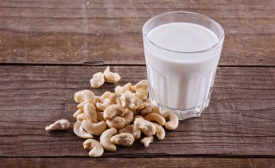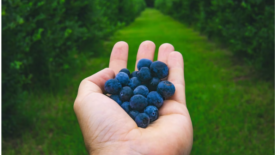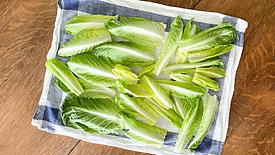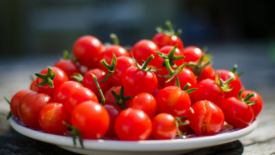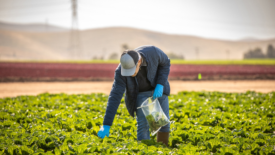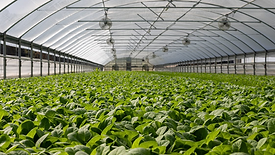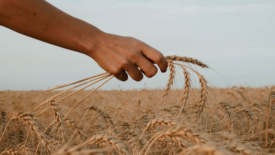Produce
Salmonella spp. have long been associated with low-moisture foods such as nuts and nut-derived products
Read More
Never miss the latest news and trends driving the food safety industry
eNewsletter | Website | eMagazine
JOIN TODAY!Copyright ©2025. All Rights Reserved BNP Media.
Design, CMS, Hosting & Web Development :: ePublishing
